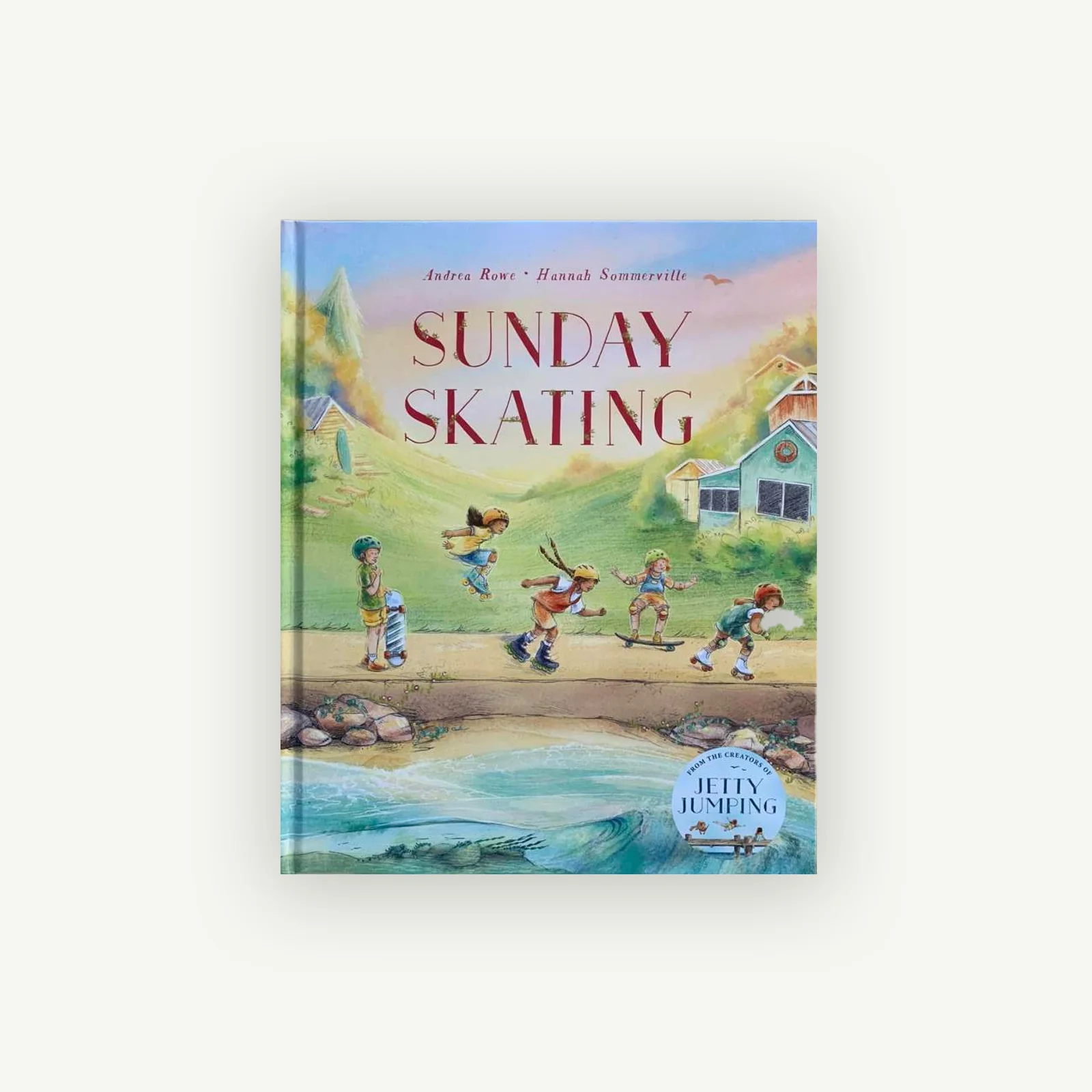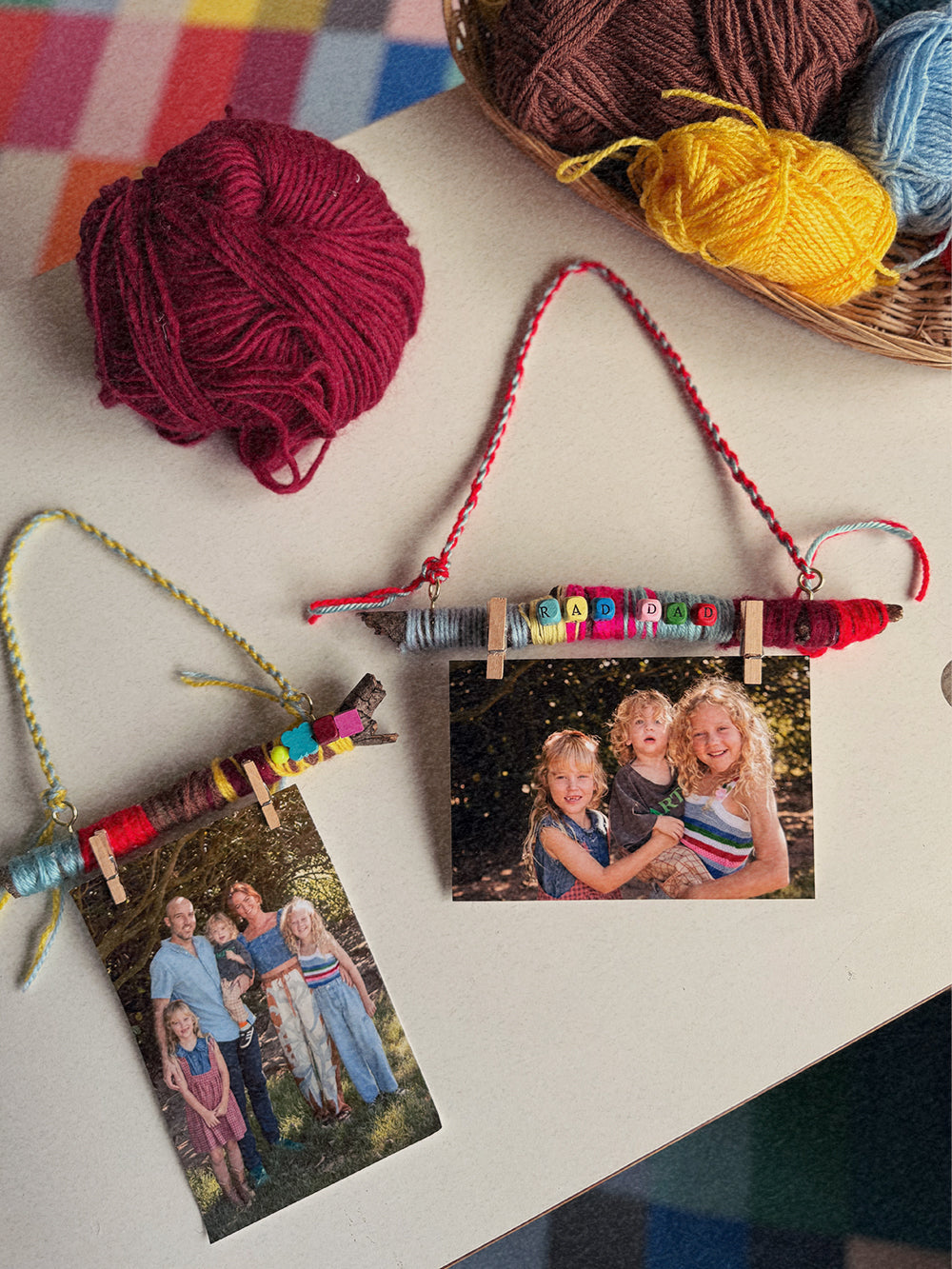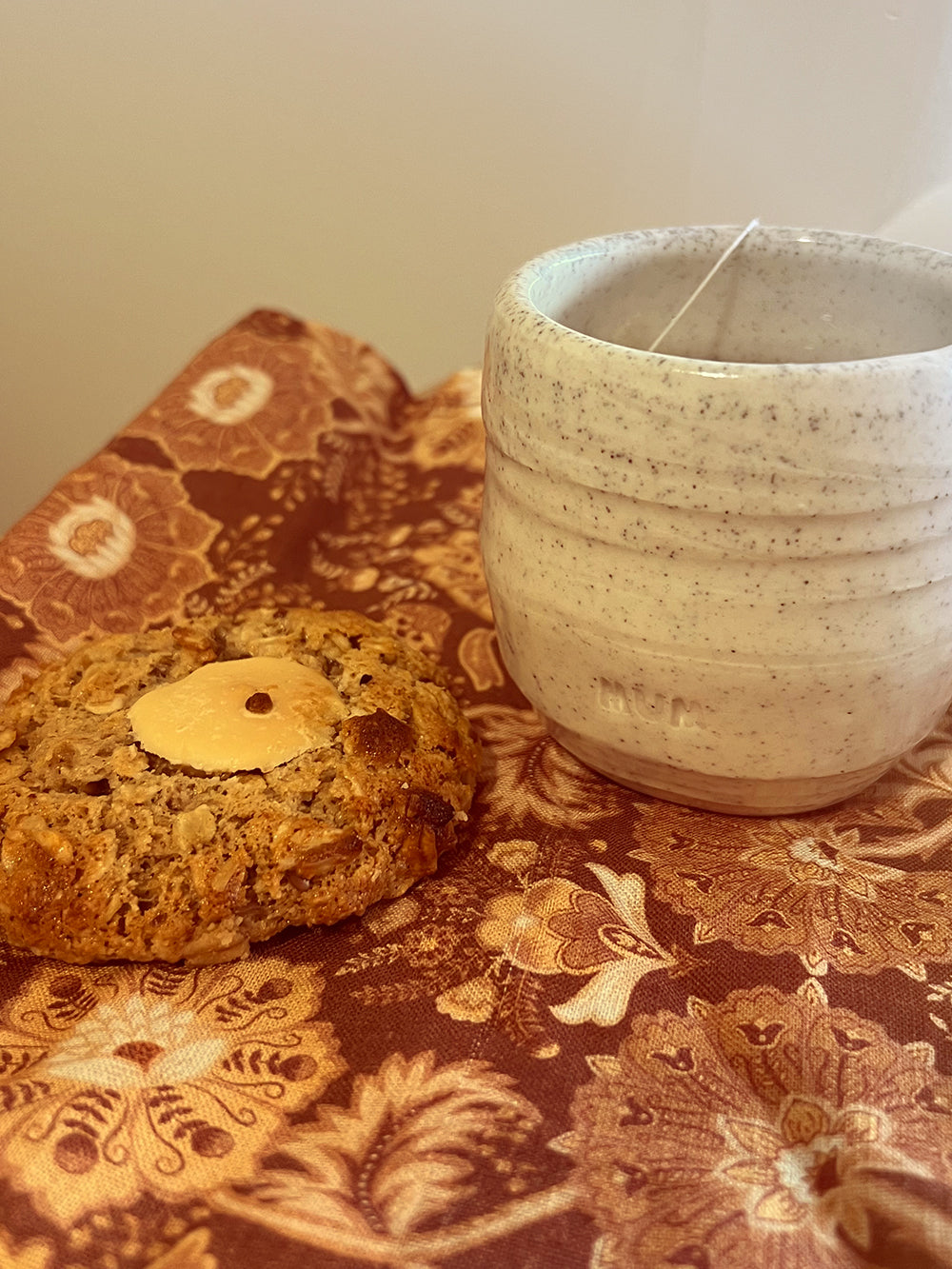The Brightside - Simple Ways to Mark R U OK? Day with your family
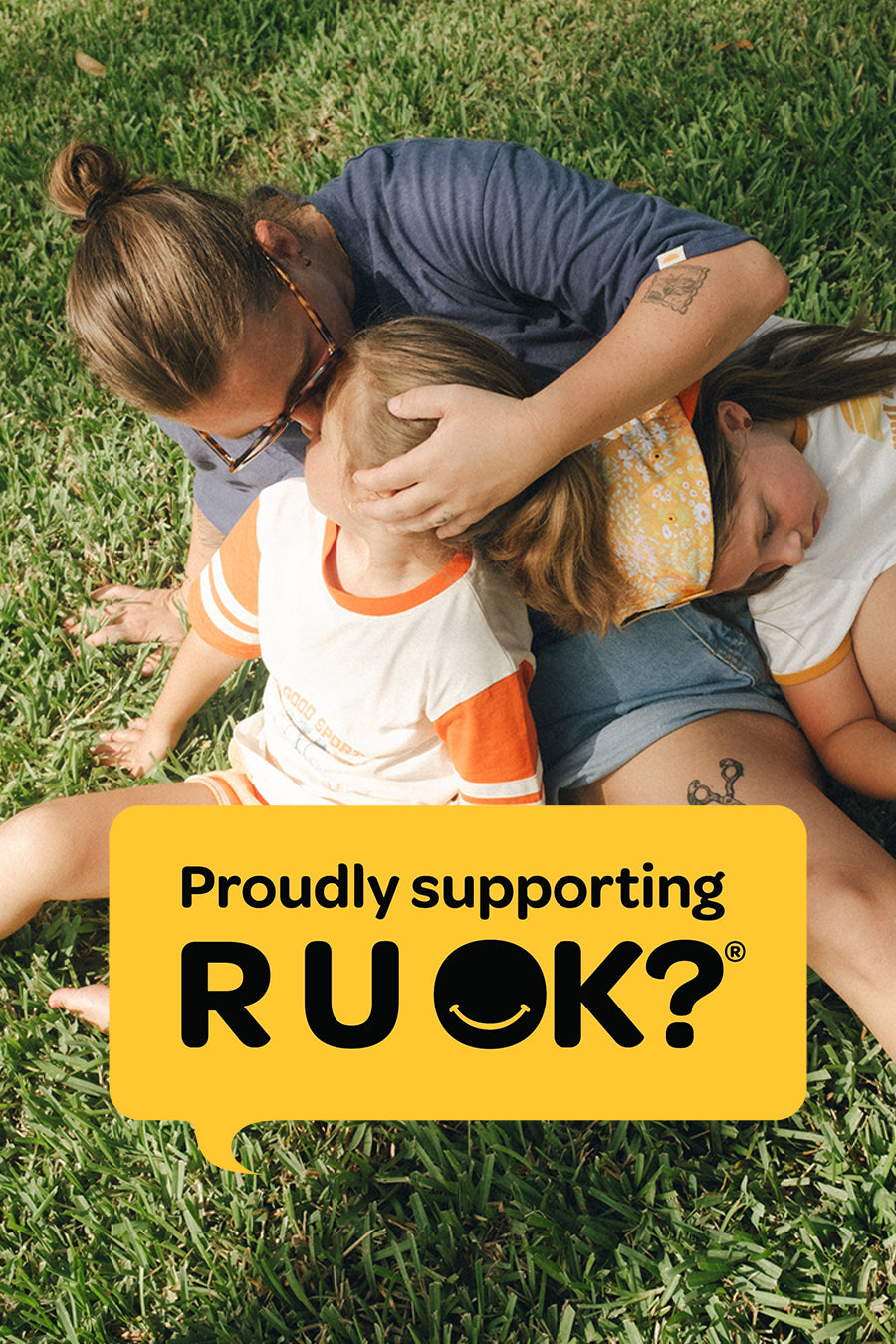
As parents, we spend so much of our time teaching little ones how to tie their shoes, brush their teeth, or share their toys. But one of the most powerful lessons we can pass on is how to notice when someone might be struggling and how to check in with kindness.
That’s the heart of R U OK? Day—a national reminder to start conversations that could change a life. While the message is serious, it doesn’t need to feel heavy—especially for families with young children. In fact, R U OK? Day is a wonderful opportunity to build empathy and emotional awareness in kids from the start.
When children learn to ask “Are you OK?” and really listen to the answer, they’re practising compassion, resilience, and connection. Here are some fun, age-appropriate ways to bring the R U OK? message into your family life this year.
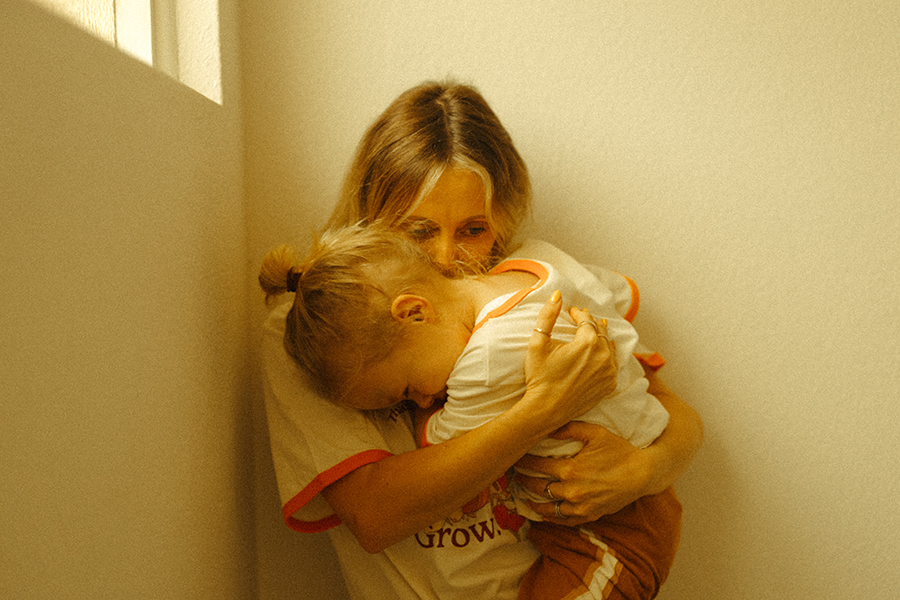
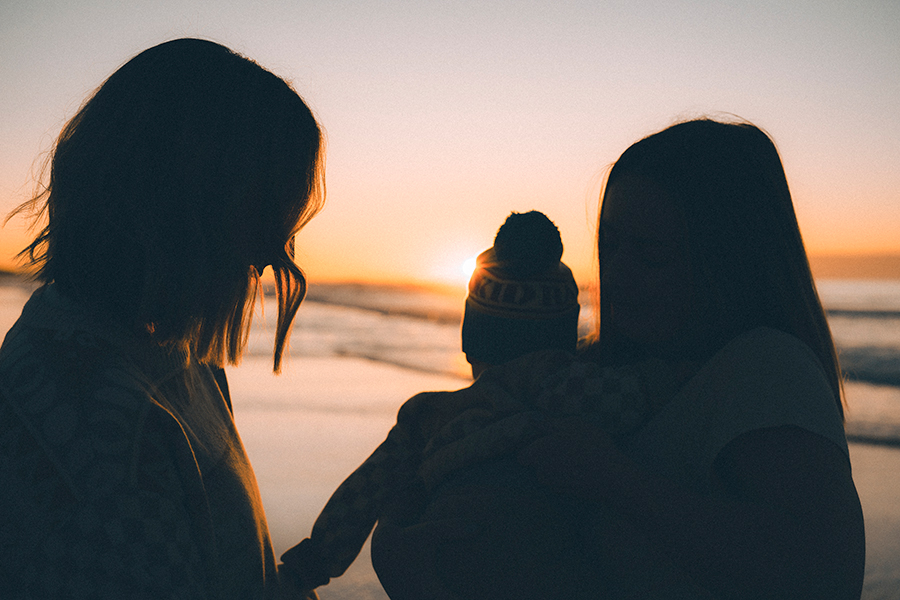
1. Storytime with a Twist
This R U OK? Day, make storytime about kindness and caring. Choose picture books that explore feelings, friendship, and empathy. Titles like The Invisible String by Patrice Karst or Have You Filled a Bucket Today? by Carol McCloud are great starting points.
As you read together, pause and ask simple questions:
“How do you think that character is feeling?”
“What could their friend say to help?”
“Have you ever felt like that?”
This not only encourages your child to name emotions but also makes the idea of checking in feel natural and relatable.
2. Role-Play “How Are You?” Conversations
Use role-play to practise asking and answering “Are you OK?” in fun, low-pressure ways.
Set up scenarios with toys or puppets: maybe one teddy looks a bit sad because his block tower fell down, and another teddy asks, “Are you OK?” Talk through how the conversation might go and what helps—like offering a hug, listening, or suggesting they try again together.
For older children, you could role-play school situations, like when a friend feels left out at lunchtime. This helps kids rehearse what they could say and builds confidence to use the skills in real life.
3. Create an “R U OK?” Art Wall
It opens the door to conversations about emotions and shows kids that everyone has ups and downs. You can even write simple phrases on their artwork like: “Listening helps.” “Hugs make me feel better.” “It’s OK to be sad sometimes.” This visible reminder becomes a family talking point, long after R U OK? Day is over.
4. Practise Kind Gestures as a Family
Sometimes the smallest actions make the biggest difference.
Brainstorm a list of kind gestures your family could do together—both at home and in the community. Examples include: Drawing a picture and dropping it in a neighbour’s letterbox.
Baking muffins for grandparents.
Writing a kind note for a sibling and hiding it in their lunchbox.
Offering to help tidy up toys without being asked.
Label this list your “Kindness Menu” and encourage your kids to pick one or two to do on R U OK? Day.
Over time, it becomes a regular part of family life.
5. Wear Yellow Together
Yellow is the official colour of R U OK? Day—a bright, cheerful reminder to spread positivity. Invite your kids to dress in yellow for the day, or even better, make a craft activity out of it.
Cut out paper hearts or stars, decorate them with positive messages, and hang them in your windows. This not only marks the day in a visible way but can also spark conversations if neighbours or friends ask what it’s all about. It’s a simple way to connect your kids with the bigger community effort behind R U OK? Day.
6. Model Honest Conversations
The best way to teach empathy is to show it in action.
Use R U OK? Day as a chance to model checking in with each other as a family.
Over dinner or bedtime, ask your partner or child, “Are you OK?”—and share your own honest answer too.
It could sound like: “I felt a bit tired today, but I’m OK now because I got to go for a walk.”
“I felt happy when you gave me a cuddle.”
Hearing parents talk openly about feelings shows children that it’s safe to express emotions and that being honest doesn’t mean being weak—it means being human.
7. Share Support Resources in a Kid-Friendly Way
Finally, R U OK? Day is also about knowing where to get help if someone isn’t OK. With young kids, keep this message simple: let them know that if they ever feel sad, worried, or unsafe, they can always talk to Mum, Dad, a teacher, or another trusted adult. For older children, you can introduce the idea of helplines in a gentle way, explaining that there are always people who will listen, even if family isn’t nearby.
Why Start Young?
The truth is, kids who grow up in families that openly discuss feelings are more likely to carry empathy, resilience, and strong communication skills into adulthood.
By weaving R U OK? into your family culture—through art, stories, play, and conversations—you’re helping raise a generation that doesn’t shy away from tough topics. And for parents? These activities are a good reminder to check in with yourselves, too. Because R U OK? Day isn’t just about asking—it’s also about answering honestly.
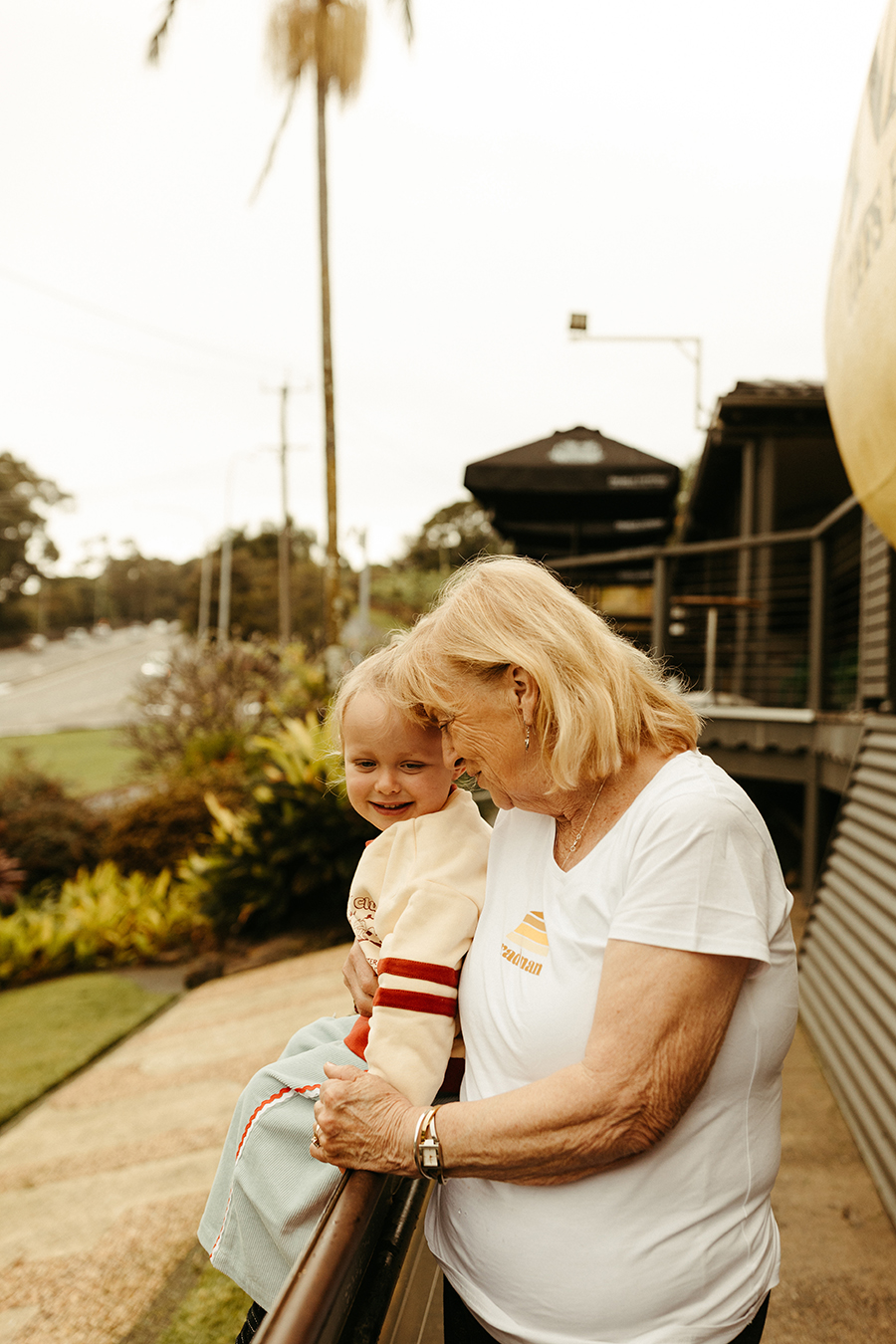
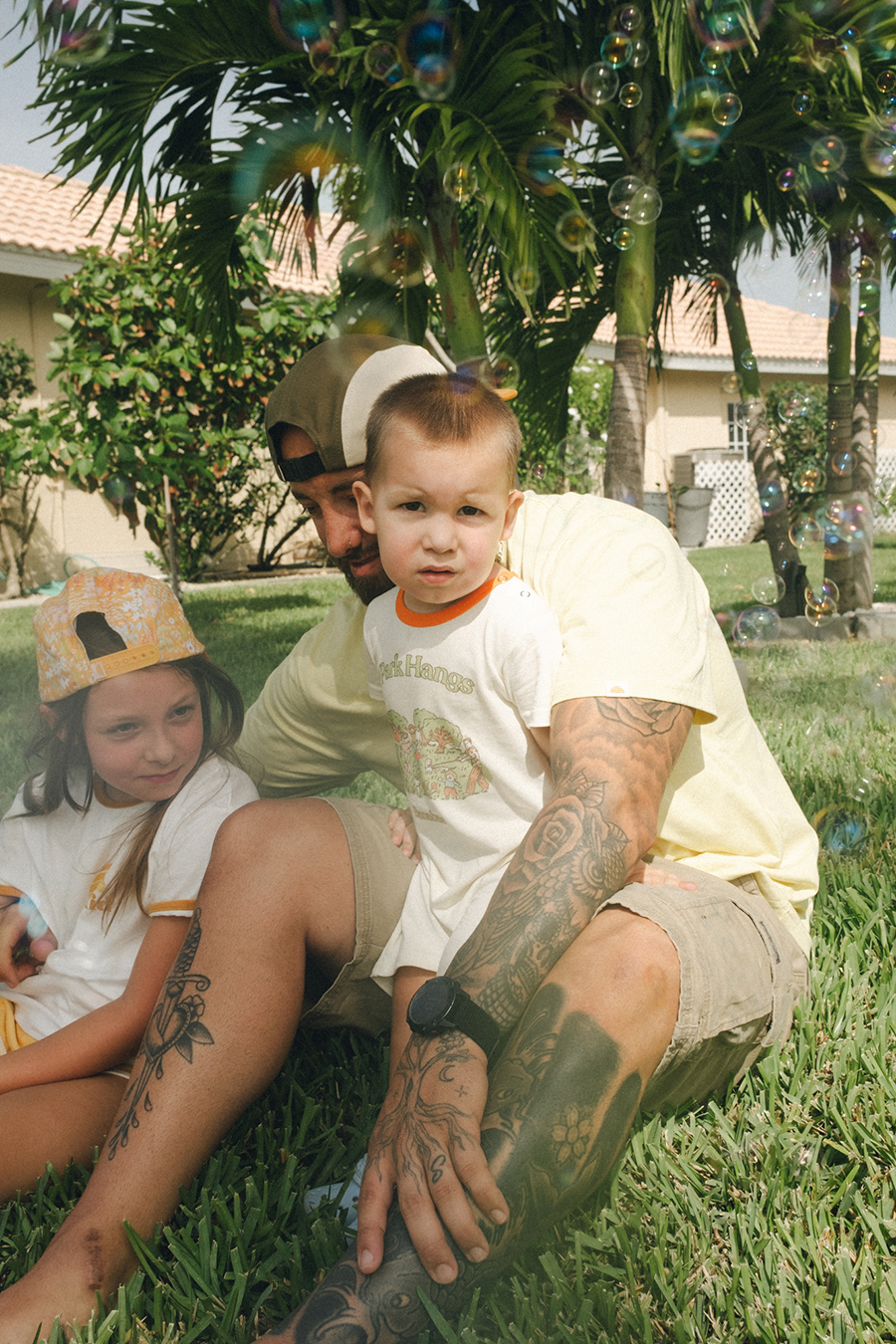
If you or someone you know is struggling, support is available.
Contact Lifeline on 13 11 14, or visit https://www.ruok.org.au/ for more resources.
Shop Now:



